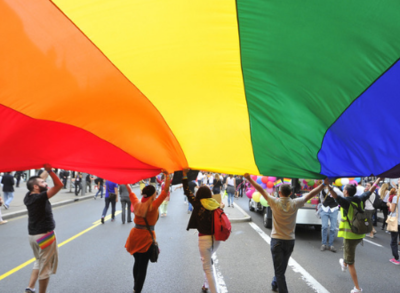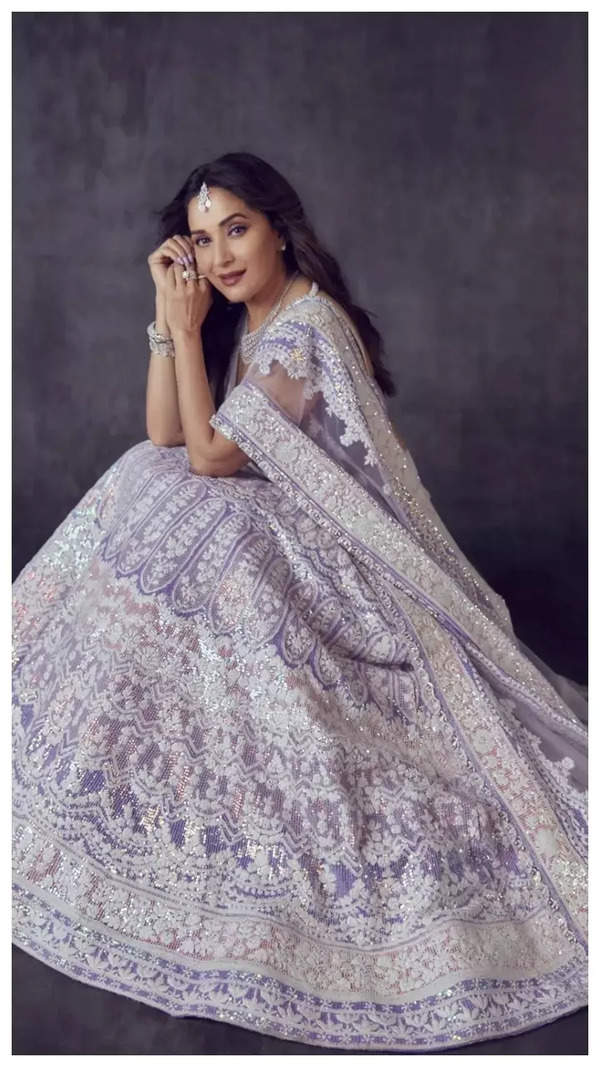- News
- lifestyle
- relationships
- love-sex
- Section 377 Verdict: Supreme Court says, 'History owes apology to LGBT'. But is an apology enough?
Trending
This story is from September 6, 2018
Section 377 Verdict: Supreme Court says, 'History owes apology to LGBT'. But is an apology enough?
When something as fundamental as your right to citizenship is under threat, the Supreme Court’s judgement scrapping Section 377 is a godsend.

Representational image
It is a historic day. The Supreme Court has decriminalised homosexuality between consenting adults by scrapping the controversial Section 377. This colonial law that has been declaring consensual gay sex as criminal for 158 long years has been declared irrational and arbitrary. The Supreme Court even declared, “History owes an apology to LGBT”.
Simbhu Sadan (named changed) has been following the news attentively without missing a single update.He could not wait to discuss this turning event with his friends. As he stepped out of his office for a cup of tea during his break, he asked one of his friends, “Did you know section 377 has been scrapped?”
“What’s section 377?” asked a curious one.
“It’s the law that declares consensual gay sex as criminal,” replies Simbhu.
We agree history owes an apology but is an apology enough to change what Shilpa bua (aunty) thinks about the effeminate gait of her nephew? Will it help Raghav to break the news to his parents that his roommate is his boyfriend? Will it reverse Shaymali’s marriage with Pranav because her parents believed it would cure the disease called ‘
But everyone is hopeful that this historic decision will change people’s perception. Even the United Nation. "LGBTIQ (lesbian, gay, bisexual, transgender/transsexual, intersex and queer/questioning) persons across the world continue to be the targets of violent attacks and are affected by multiple and intersecting forms of discrimination based on age, gender, ethnicity, disability and social status. The UN in India sincerely hopes that the court's ruling will be the first step towards guaranteeing the full range of fundamental rights to the LGBTIQ persons. We also hope that the judgment will boost efforts to eliminate stigma and discrimination against them in all areas of social, economic, cultural and political activity, thereby ensuring a truly inclusive society,” said the UN in a statement.
We would always be in denial if we believe that a law or its withdrawal can remove the stigmatisation around any issues in society. Whether we admit it or not, discrimination against the LGBTIQ community is way more than what data can provide. For example, during the second draft of National Register of Citizens (NRC) in Assam, a large number of transgenders were exempted from the list because they could not produce the required certificates for the due process.
“I was disowned by my family after they discovered that I am a transgender. So, when the names of the rest of my family members were submitted along with the required family lineage, I was not included in it. It’s obvious that I was exempted from the draft. My citizenship is being questioned now because of my gender,” said Atifa Aslam (named changed). However, Swati Bidhan Baruah, first transgender judge of Assam, have brought the plight of the transgender community to the notice of the Supreme Court.
When something as fundamental as your right to citizenship is under threat because you belong to the LGBTQ community, the Supreme Court’s judgement scrapping Section 377 is a godsend. But can it change people’s perception? This is the silver lining and we can only hope that it will work its wonder soon.
Simbhu Sadan (named changed) has been following the news attentively without missing a single update.He could not wait to discuss this turning event with his friends. As he stepped out of his office for a cup of tea during his break, he asked one of his friends, “Did you know section 377 has been scrapped?”
“What’s section 377?” asked a curious one.
“It’s the law that declares consensual gay sex as criminal,” replies Simbhu.
“Are you gay? Why are you so excited about it?” laughed one of his friends. Simbhu cast his eyes down demurely and kept his phone in his pocket. He sipped his tea and the silence surrounding him spoke volume.
We agree history owes an apology but is an apology enough to change what Shilpa bua (aunty) thinks about the effeminate gait of her nephew? Will it help Raghav to break the news to his parents that his roommate is his boyfriend? Will it reverse Shaymali’s marriage with Pranav because her parents believed it would cure the disease called ‘
lesbian’ because they caught her having video sex with her girlfriend? Only time will tell.
But everyone is hopeful that this historic decision will change people’s perception. Even the United Nation. "LGBTIQ (lesbian, gay, bisexual, transgender/transsexual, intersex and queer/questioning) persons across the world continue to be the targets of violent attacks and are affected by multiple and intersecting forms of discrimination based on age, gender, ethnicity, disability and social status. The UN in India sincerely hopes that the court's ruling will be the first step towards guaranteeing the full range of fundamental rights to the LGBTIQ persons. We also hope that the judgment will boost efforts to eliminate stigma and discrimination against them in all areas of social, economic, cultural and political activity, thereby ensuring a truly inclusive society,” said the UN in a statement.
We would always be in denial if we believe that a law or its withdrawal can remove the stigmatisation around any issues in society. Whether we admit it or not, discrimination against the LGBTIQ community is way more than what data can provide. For example, during the second draft of National Register of Citizens (NRC) in Assam, a large number of transgenders were exempted from the list because they could not produce the required certificates for the due process.
“I was disowned by my family after they discovered that I am a transgender. So, when the names of the rest of my family members were submitted along with the required family lineage, I was not included in it. It’s obvious that I was exempted from the draft. My citizenship is being questioned now because of my gender,” said Atifa Aslam (named changed). However, Swati Bidhan Baruah, first transgender judge of Assam, have brought the plight of the transgender community to the notice of the Supreme Court.
When something as fundamental as your right to citizenship is under threat because you belong to the LGBTQ community, the Supreme Court’s judgement scrapping Section 377 is a godsend. But can it change people’s perception? This is the silver lining and we can only hope that it will work its wonder soon.
End of Article
FOLLOW US ON SOCIAL MEDIA









